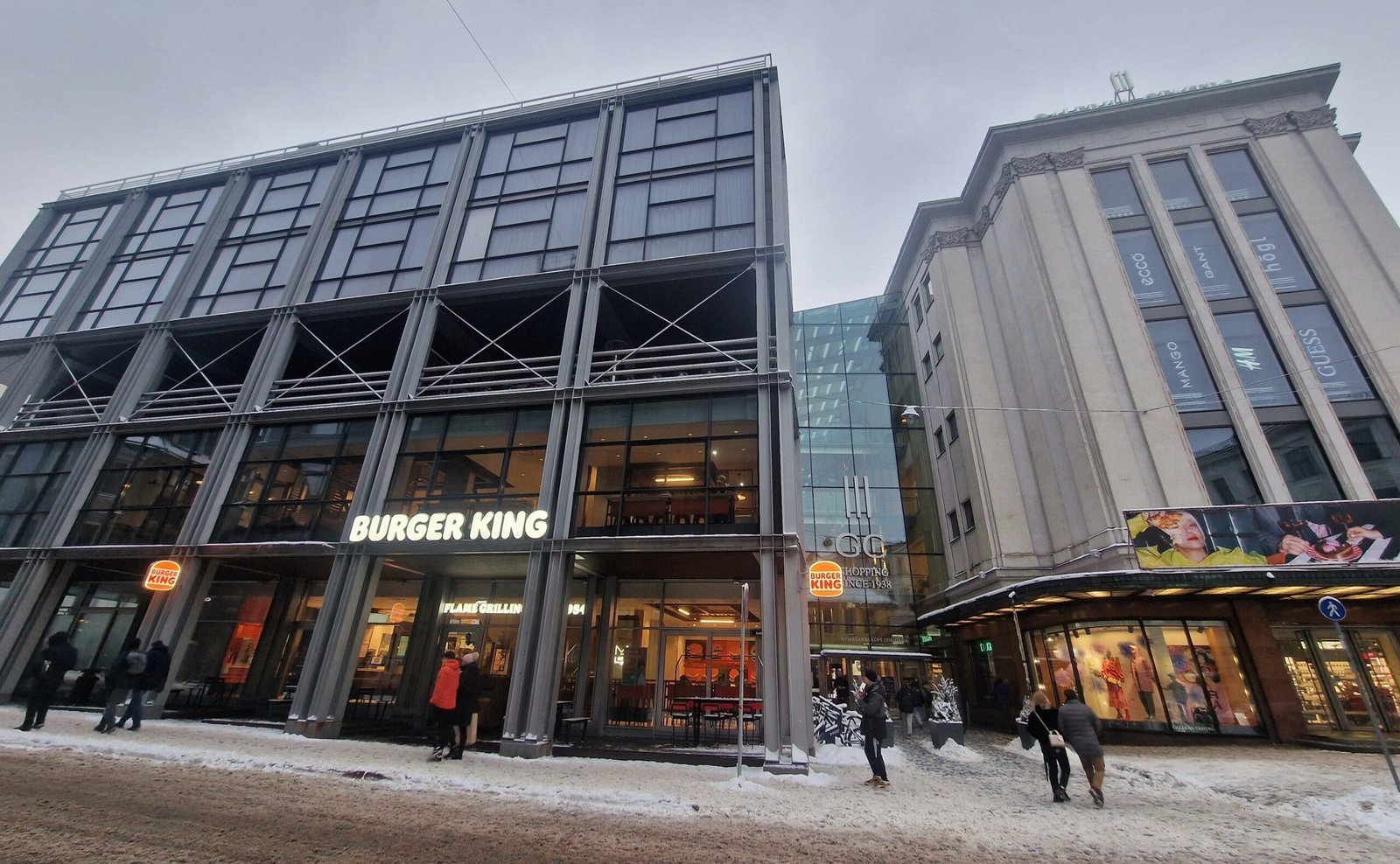Nestled in the heart of southern Africa, Zimbabwe has long been a land of rich cultural heritage and natural beauty. However, in recent years, the country’s economic standing has faced numerous challenges and uncertainty. In this article, we take a closer look at Zimbabwe’s economic landscape, exploring the factors that have shaped its current situation and the potential pathways forward. Join us as we delve into the complexities of Zimbabwe’s economy and uncover the realities that lie beneath the surface.
– Current Economic Challenges in Zimbabwe
Despite Zimbabwe’s rich natural resources and potential for growth, the country is currently facing numerous economic challenges. One of the main issues is the high inflation rate, which has led to a decrease in the purchasing power of the currency. This has made it difficult for businesses to operate effectively and for individuals to afford basic necessities.
Additionally, Zimbabwe is also grappling with high levels of unemployment, particularly among the youth. The lack of job opportunities has contributed to social unrest and political instability. The government has been making efforts to revive the economy through various policies and initiatives, but progress has been slow. In order to address these challenges, it is crucial for Zimbabwe to focus on stabilizing the currency, attracting foreign investment, and creating a conducive environment for business growth.
– Factors Contributing to Zimbabwe’s Economic Crisis
It’s no secret that Zimbabwe has been facing a severe economic crisis in recent years. A combination of various factors has contributed to this challenging situation, impacting the country’s financial stability and overall well-being. Let’s delve deeper into the key elements that have played a role in shaping Zimbabwe’s economic standing.
One of the primary factors contributing to Zimbabwe’s economic crisis is hyperinflation. The rapid and uncontrollable rise in prices has made it difficult for businesses and individuals to plan for the future and maintain financial stability. Additionally, political instability and corruption have further exacerbated the situation, creating a sense of uncertainty and distrust among investors and the local population. The lack of foreign investment and poor government policies have also hindered economic growth and recovery efforts, prolonging the country’s financial struggles.
– Strategies for Economic Recovery and Sustainability
As Zimbabwe continues to grapple with economic challenges, it is crucial to implement strategic measures for recovery and long-term sustainability. One key aspect that needs to be addressed is the diversification of the economy to reduce reliance on a single sector. Encouraging and supporting the growth of industries such as agriculture, mining, tourism, and technology can help create a more resilient and balanced economy.
Furthermore, investing in infrastructure development, improving the business environment, and promoting innovation and entrepreneurship are essential steps in fostering economic growth. Sustainable financial management practices and strengthening institutions to combat corruption are also vital components in rebuilding Zimbabwe’s economic standing. By prioritizing these strategies, Zimbabwe can pave the way for a more stable and prosperous future.
– International Support and Collaboration for Zimbabwe’s Economic Growth
The current economic situation in Zimbabwe has been a topic of concern for many, both within the country and internationally. With inflation rates soaring and unemployment at high levels, there is a pressing need for support and collaboration to drive economic growth. International partners have a crucial role to play in providing assistance, expertise, and investment to help stabilize and revitalize Zimbabwe’s economy.
Through collaborative efforts, we can work towards implementing sustainable solutions that focus on improving key sectors such as agriculture, manufacturing, and infrastructure. By fostering partnerships with various countries and organizations, Zimbabwe can tap into a wealth of resources and knowledge that can contribute to long-term economic development. It is essential that we come together to support Zimbabwe on its path towards economic recovery and prosperity.
To Conclude
In conclusion, Zimbabwe’s economic standing is a complex and multifaceted issue that requires careful analysis and consideration. While the country has faced many challenges in recent years, there are also opportunities for growth and development. By taking a closer look at the various factors that contribute to Zimbabwe’s economic situation, we can better understand the current landscape and work towards finding solutions that will benefit all citizens. It is crucial for policymakers, businesses, and individuals to come together and collaborate in order to create a more sustainable and prosperous future for Zimbabwe. Only by working together can we truly make a difference and build a stronger economy for generations to come.





